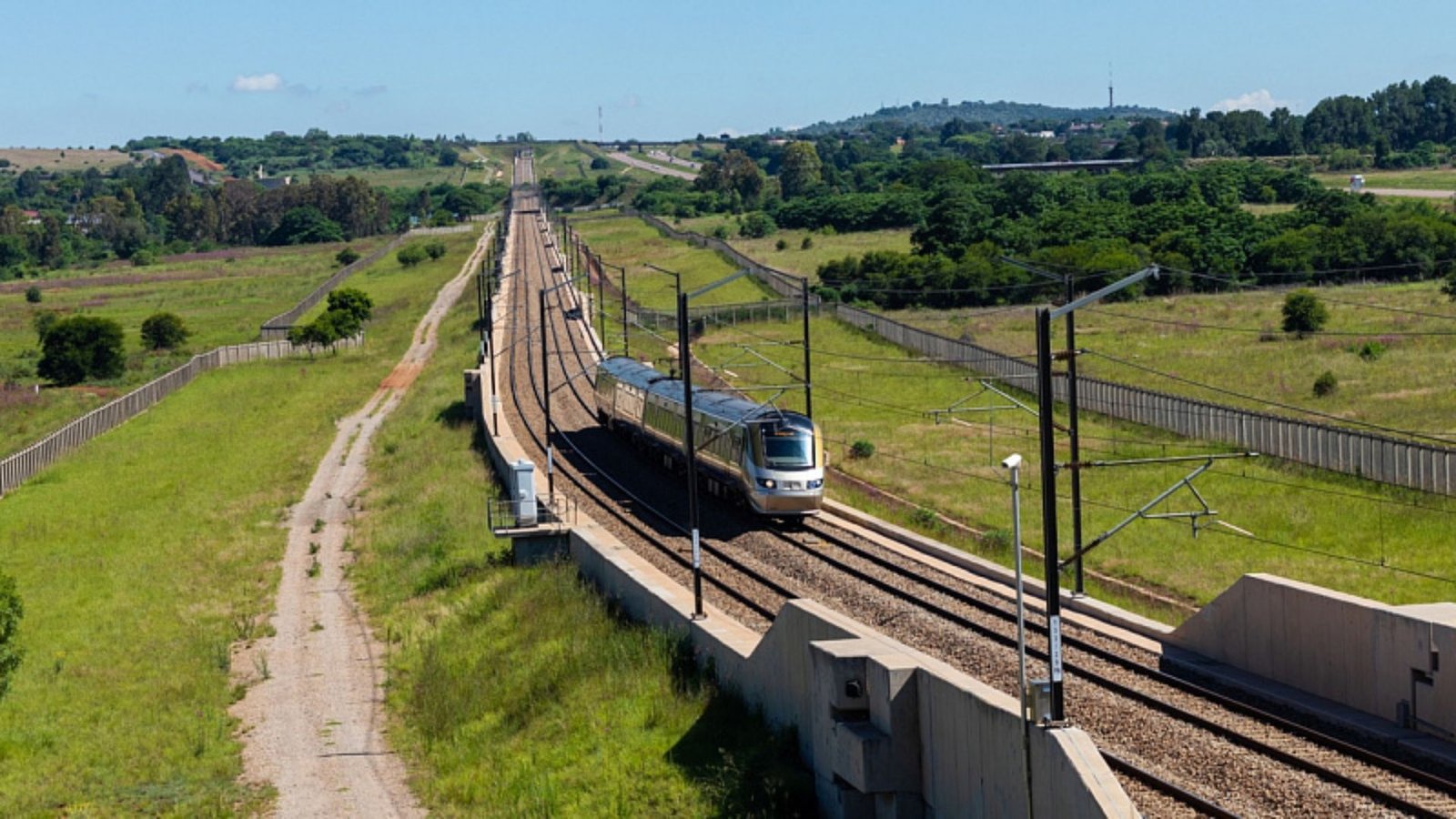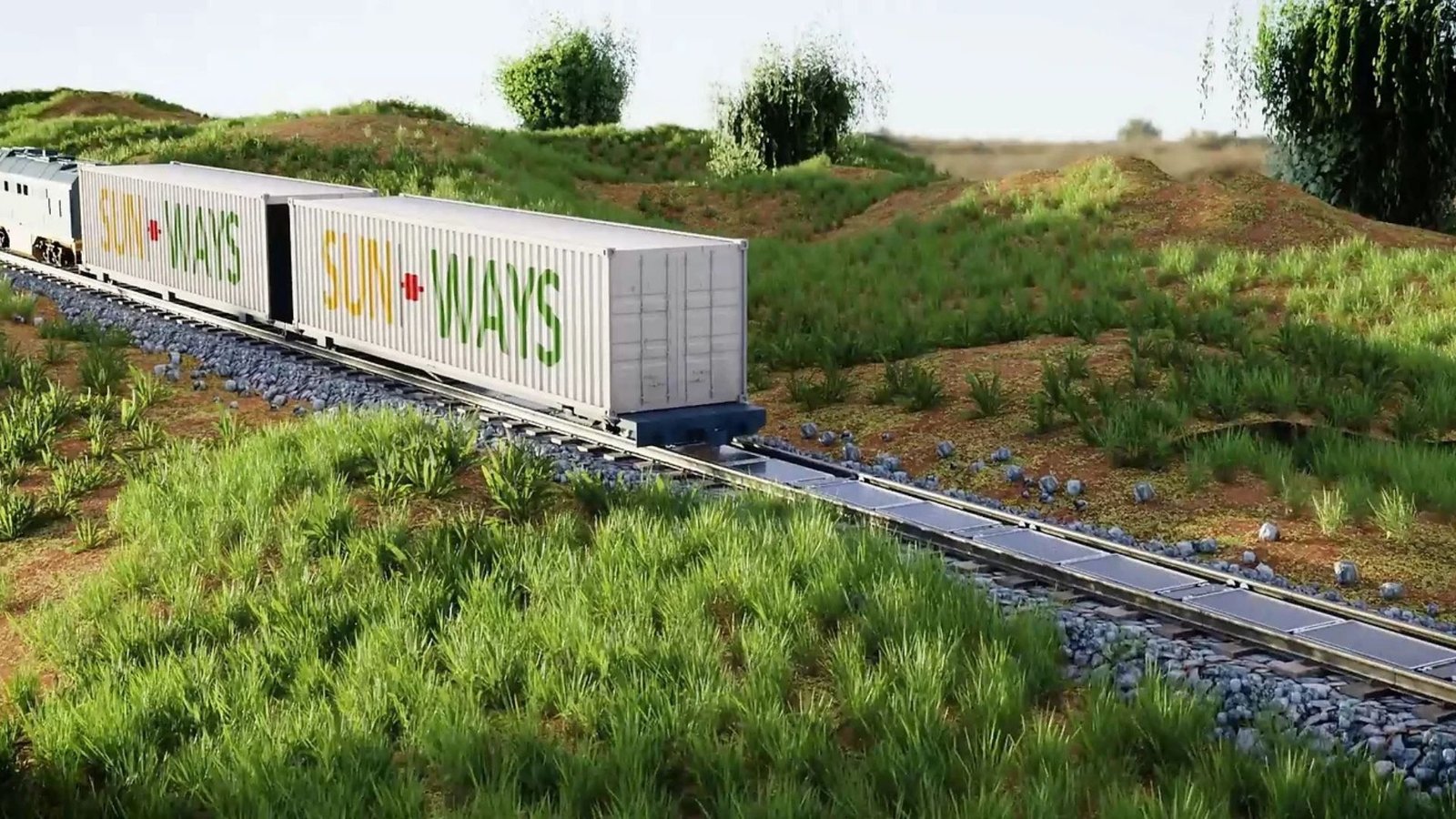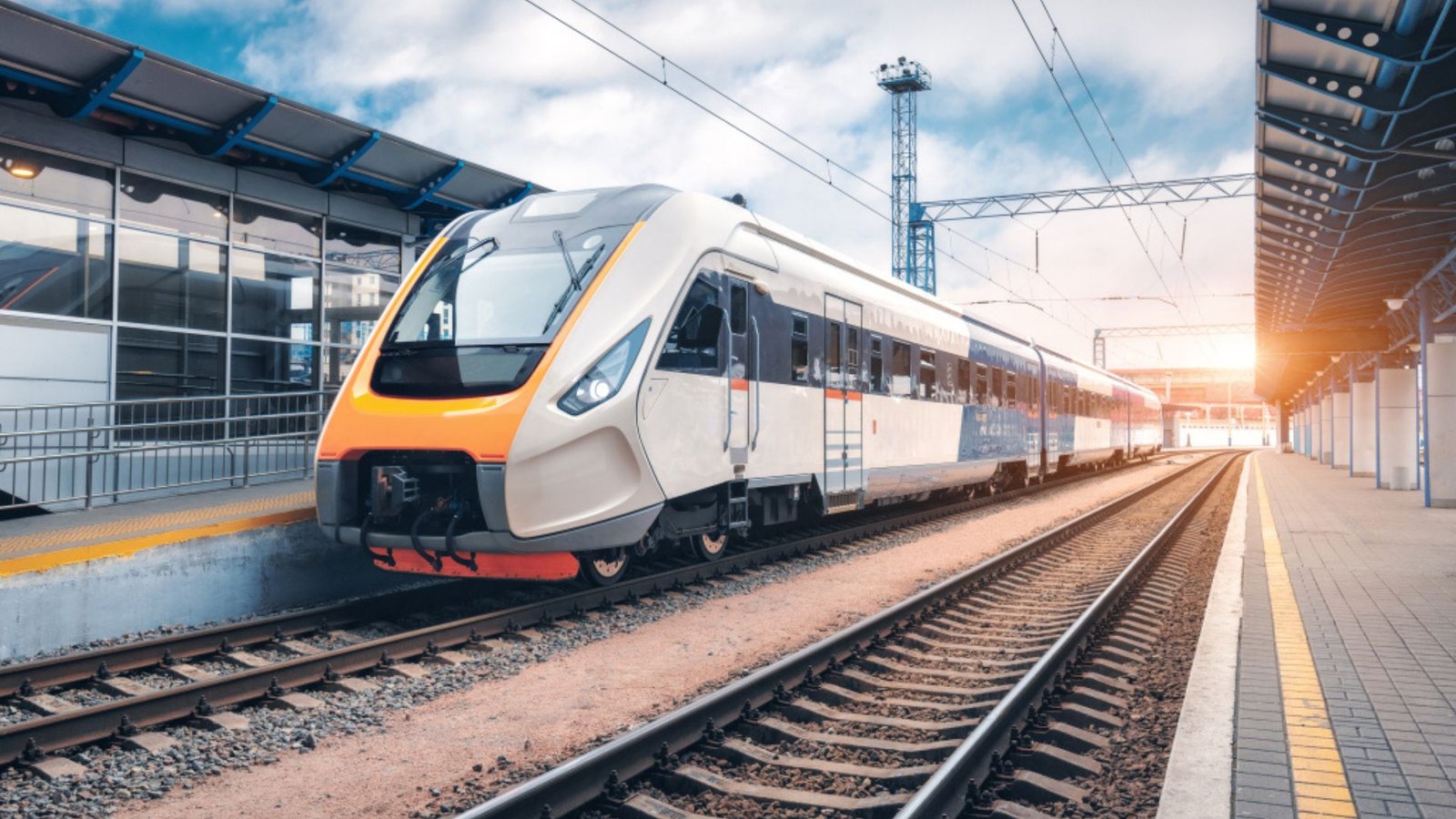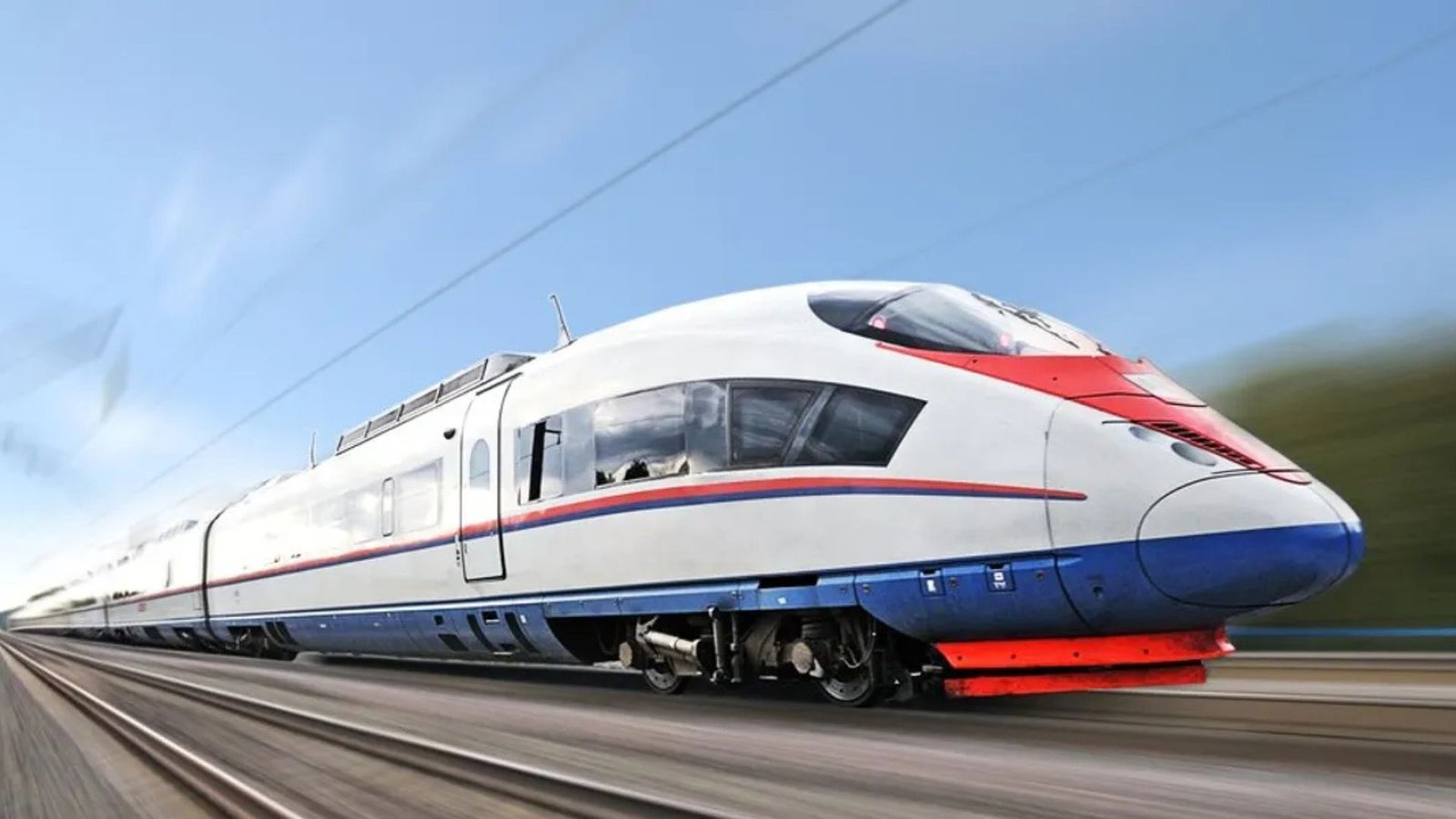Railroads have been the backbone of economic development for over a century. Today, they remain essential to the functioning of economies worldwide. Rail transportation facilitates the movement of goods, services, and people, creating a ripple effect that drives broader economic growth. Whether it’s increasing trade efficiency, promoting job creation, or advancing sustainable practices, railroads play a central role in shaping modern economies. In this article, we explore why railroads are key to economic growth and development.
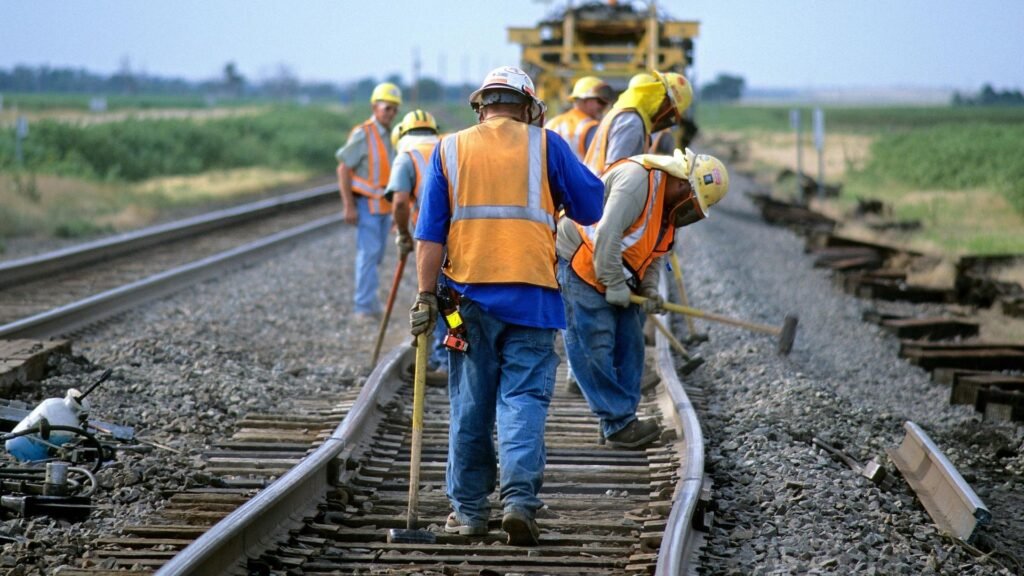
Boosting Trade and Commerce
Railroads are critical to facilitating both domestic and international trade. Efficient rail systems enable the large-scale movement of goods across long distances at lower costs compared to other forms of transportation, such as trucking or shipping.
Supporting Freight Movement
Railways are particularly effective for transporting bulk goods such as coal, grain, minerals, and industrial products. By moving large quantities of goods in a single trip, rail transportation can reduce the overall cost of production and make goods more affordable for businesses and consumers.
- Example: In the United States, the rail system handles about 40% of the nation’s freight, playing a key role in transporting goods such as coal, chemicals, and agricultural products that fuel economic activities.
Additionally, rail systems facilitate international trade by connecting ports with inland markets, allowing countries to efficiently import and export products.
Reducing Transportation Costs
One of the most significant ways railroads contribute to economic growth is by reducing transportation costs. Rail is often more cost-effective for moving bulk freight over long distances compared to trucking, which can be slower and more expensive.
Lowering Costs for Businesses and Consumers
Because trains can carry hundreds of tons of cargo in a single trip, they provide economies of scale that make shipping less expensive. This lower cost of transportation benefits businesses by reducing their logistics expenses, allowing them to remain competitive in the global market.
- Example: Rail transportation of bulk goods like oil, grains, and chemicals reduces costs for industries that rely on raw materials, helping to maintain low product prices for consumers.
The reduction in transportation costs has a ripple effect throughout the economy, helping industries reduce overall operational costs and pass on savings to consumers.
Creating Jobs and Supporting Local Economies
Investing in railroad infrastructure leads to the creation of numerous jobs in construction, operations, engineering, and maintenance. The development of new rail lines, stations, and services generates employment opportunities, benefiting local communities and boosting regional economies.
Direct and Indirect Employment
- Direct Jobs: The construction and operation of rail systems provide significant employment opportunities, from laborers working on track installation to engineers operating and maintaining the trains.
- Indirect Jobs: Railroads also stimulate jobs in related sectors like logistics, manufacturing, and retail, as businesses that rely on rail transportation for goods movement are able to expand and hire more employees.
- Example: In India, the expansion of the railway network has generated millions of jobs and spurred economic development in both urban and rural regions.
In this way, railroads are vital to regional economic development and help to reduce unemployment, particularly in areas where alternative industries are underdeveloped.
Enhancing Infrastructure and Connectivity
Railroads improve connectivity, linking cities, rural areas, and even countries together. Efficient transportation networks allow people and goods to move freely, boosting productivity and creating a more integrated economy.
Conclusion
Railroads are indispensable to economic growth, offering a wide range of benefits that extend far beyond transportation. From boosting trade and reducing transportation costs to creating jobs and supporting sustainable development, rail systems are integral to the success of modern economies. They connect people, goods, and regions, foster job creation, and promote environmental sustainability. As nations continue to focus on developing efficient transportation infrastructure, railroads will remain a central pillar in the pursuit of long-term economic growth and prosperity. Investing in rail infrastructure is not just an investment in transportation but an investment in the future of the economy.

